Me? Do I need to change anything?
Contemplating change
Many times we talk about our desire to change. As the first month of the year progresses, we keep taking inventory and thinking about what we need to change. We go back and forth between wanting to change and dreading the idea of change. You know deep down there are some things you really need to change, but how do you get ready to change? How can you get to that transformation that will signal you have really changed? It's really a lot easier to focus on what the other needs to change!
Unless your mind is ready to make a focused, no barrels hold, commitment to change, you are not ready. Do you know where you are in the continuum of readiness to change? January is a good month to contemplate the need for change.
Before you can take action for change, you need to be aware of both the problem and the solution. Many people try to solve a problem when they have minimal information about it. The results are predictably dismal.
How to start getting ready for change
Ask the right questions
Albert Einstein said that the key to solving problems is asking the right questions. Develop questions specifically geared to your situation. And don’t get defensive when you ask yourself these questions. For example, if you are trying to lose weight, some sample questions could be:
How many calories does an average 40 yrs. old male need to consume in an average day?
How long must you jog to lose one pound?
What are you eating now that contributes to the overweight?
What type of changes in your diet can not only help you with losing weight but will help with maintaining a healthy weight?
You get the idea. You need to ask the type of questions that can generate the right information to assist you in changing.
Specify your own goals
You need to ask yourself exactly what behavior you wish to change. You also need to be clear about how you are going to measure and track your progress.
Vague objectives like “I want to become a better person,” will not take you anywhere. It’s better to be very specific, like: “I will stop screaming at my husband and child. Instead, I will state calmly and clearly what I need.” You can then add how you are going to measure your progress.
For example, if you have been losing your temper at least 2 times a day, your goal could be: "I will keep calm while stating what I need, at least 2 out of 3 times.”
Monitor yourself
Start by monitoring yourself for a week or more to give you a baseline against which you will be able to assess your progress once you take action for change. Remember that different problems need to be measured differently.
For example, consumption problems (like overeating, drinking, or spending money) are best measured by the amount consumed or spent. For emotional problems (like anger or depression), measure the frequency, duration, and intensity of the episode. Remember that usually frequency changes before intensity. A general rule is that multiple measures are better than a single measure. When in doubt, measure more rather than less.
Keep track also of the events that immediately precede and follow your problem behavior. For example: Do you eat more when something makes you feel angry? Lonely? Happy? What happens right after an angry outburst? Does the other person give in? Do you go and have a drink? Or do you withdraw to be alone?
Make a written list of the statements you make to justify your problem behavior. You might be surprised! You might say to yourself things like: “After all I’ve done today, I deserve this piece of cake!”
Remember. . .
When contemplating change, your objective should be to be more aware of your problem behavior. You need to gain insight into how your thinking and feeling help maintain the problem. Then, start developing more self-motivation by seeing the value of transformation.
If you are willing to contemplate change, I have good news for you. I have made available a short eBook that explains Why change is difficult and how to RESET your brain for success. Click on the button below to claim your FREE booklet.

